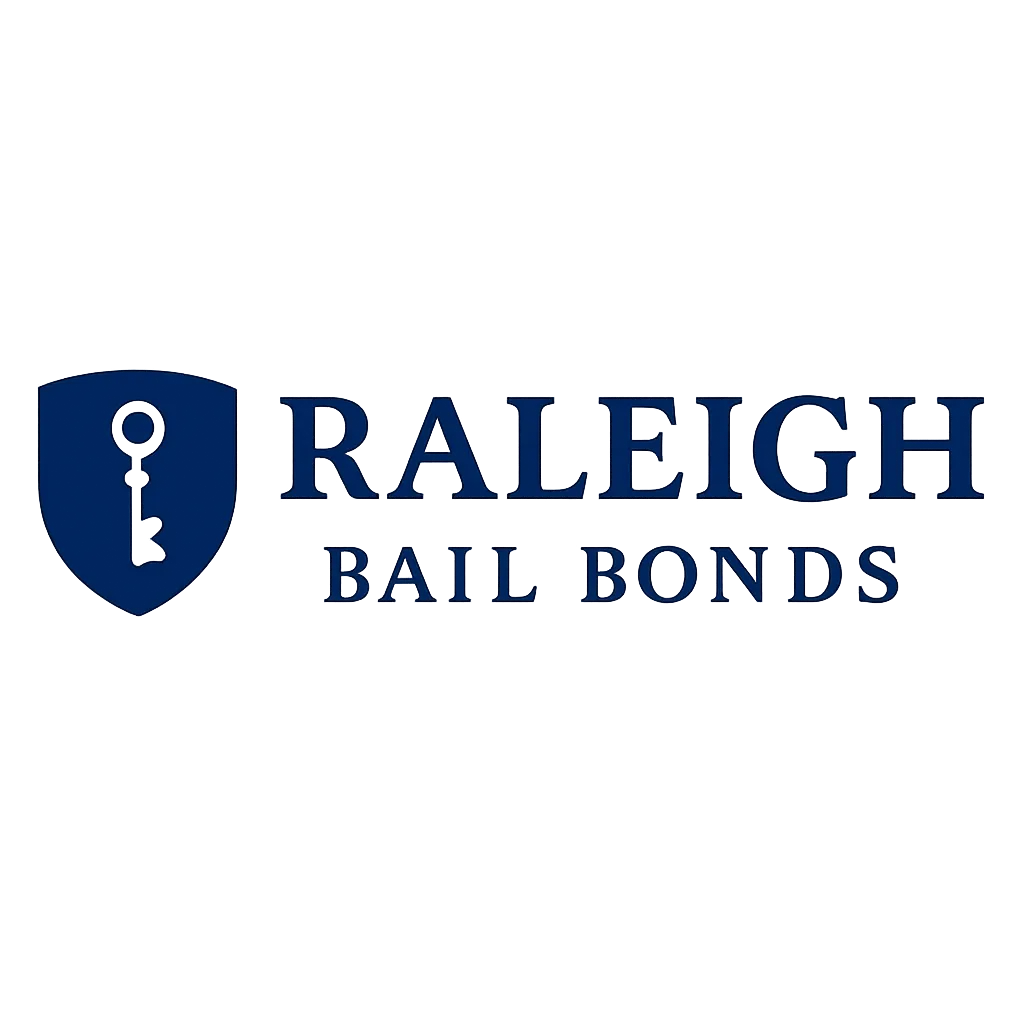
What to Do After a Drug Possession Charge | Raleigh Bail Bonds

Drug possession charges are common in North Carolina. In 2019, nearly 33% of arrests were due to drug-related charges.
Meth and cocaine possession made up the majority of these charges, with over 11,000 and 7,000 arrests in 2019, respectively. Possession of cannabis and heroin arrests followed close behind.
If you've been arrested for possession of an illicit substance, you certainly aren't alone. Because these charges are so common, you may not think it's a big deal.
But knowing what to do next is critical to make sure you don't see jail time. That's why we're bringing you this guide.
Curious about why you were arrested and what to do and not to do next? Then you better keep reading because this one's for you.
Which Drugs Are Illegal to Possess?
It's a crime to possess or use Schedule I drugs. It's also a crime to possess many Schedule II, Schedule III, and Schedule IV drugs unless you have a prescription. Schedule V drugs are generally legal to possess.
What do we mean by scheduled drugs? We're breaking it down below.
Schedule I Drugs
Schedule I includes drugs that have a high chance of abuse. The Drug Enforcement Agency (DEA) also considers these drugs to have no accepted medical use.
Marijuana, LSD, GHB, and heroin are Schedule I drugs.
Schedule II Drugs
Unlike Schedule I drugs, some Schedule II drugs have accepted medical uses. Still, they pose an addiction risk.
Schedule II includes opium, methamphetamines, and cocaine. Morphine and oxycodone are also considered Schedule II drugs.
<!-犀利士
- wp:heading {"level":3} -->
Schedule III Drugs
Drugs on Schedule III have many recognized medical uses. However, they still present some risk that users will get addicted.
You may be surprised to learn that anabolic steroids and testosterone are Schedule III drugs. Schedule III also includes medicines with 90mg or less of codeine and the anesthetic ketamine.
Schedule IV Drugs
Schedule IV mostly includes prescription drugs. They have medical uses for specific conditions and a relatively low likelihood of abuse.
Xanax, Valium, Ambien, and more are Schedule IV drugs.
Schedule V Drugs
Schedule V drugs only have the potential for abuse when taken in large quantities. Otherwise, they're for medicinal purposes only.
Types of Drug Possession Charges
North Carolina drug possession charges can be felonies or misdemeanors. For a court to charge you with a drug possession misdemeanor or felony, it has to prove that you had constructive or actual possession of an illicit substance.
Misdemeanor vs Felony Possession
If you're arrested for a misdemeanor drug possession charge in North Carolina, you usually won't go to jail. You will have to pay a fine. But, unless you have previous drug misdemeanors, you probably won't see jail time.
Getting a felony drug possession charge is different. Law enforcement will place you under arrest and take you to jail.
Schedule I drug possession will incur a felony. However, in North Carolina, it's only a misdemeanor to possess 1.5 ounces or less for personal use (not for sale).
Possession of Schedule III drugs is usually a misdemeanor. Possession of these drugs with intent to sell, distribute, or manufacture is a felony in North Carolina.
If you have Schedule II medications without a prescription, you can get a misdemeanor possession charge. Schedule IV includes many other medications, which can also earn you a drug charge without a prescription.
Possessing Schedule V drugs isn't usually a crime unless you're found in possession of large quantities.
Constructive vs Active Possession
The leader of a drug ring that gets busted would be in constructive possession of drugs. While he may not have had the drugs on him when he was arrested, he was in control of them.
Law enforcement charges active possession to someone who has drugs during the arrest.
Steps to Take After Getting a Drug Possession Charge
Were you arrested and taken to jail for possessing an illegal drug? Here are the steps you need to take to avoid a conviction and potential jail time.
Plead the Fifth
The best advice any time you get arrested is to stay calm and plead the fifth. Of course, answer the officers' questions about your legal information, including your name and other identifying information.
If law enforcement questions you, tell them you'd prefer not to answer questions without a lawyer present. Otherwise, don't say anything — verbally or in writing.
Call an Attorney
You're legally obligated to a phone call when you get to the police station. If you already have an attorney, now is the time to contact him. If you don't, call a lawyer you know or contact a family member to find a drug offense attorney.
Request Bail
You or your lawyer need to request bail. Without bail, you'll have to stay in jail for the duration of your court case.
At a bail hearing, the court will deny bail or set a bail amount. Once they set a bail amount, it's time to call a Raleigh bail bondsman. A bail bondsman will pay your bail in exchange for a fee, which you can repay with a payment plan.
Once your bail is paid, you can go home until your next trial date.
Need a Bail Bondsman? Call Raleigh Bail Bonds, LLC
Drug possession charges are no joke in North Carolina. If you're arrested, plead the fifth, call an attorney, and make bail. That way, you won't have to spend the night in jail.
Are you looking for a bail bondsman in Wake County? Call Raleigh Bail Bonds now — we're open 24/7!
